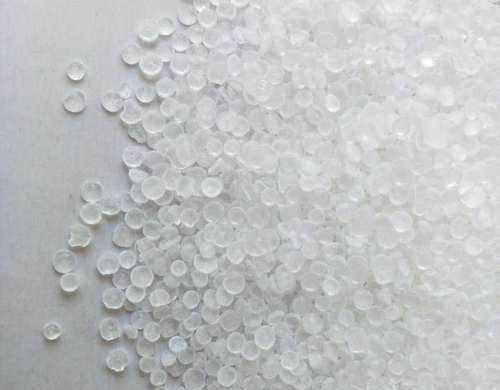
 Language
▼
Language
▼
More Language

Hydrogenated resin is a type of resin that has undergone hydrogenation modification treatment and has various excellent properties. Its principle mainly involves hydrogenation reaction. The following is a detailed explanation of its principle by hydrogenated resin manufacturer:
The main purpose of hydrogenated resin is to improve certain properties of the resin through hydrogenation reactions. Specifically, hydrogenation reaction can saturate unsaturated bonds (such as carbon carbon double bonds) in resin molecules, thereby improving the weather resistance, yellowing resistance, stability, and other properties of the resin.

During the reaction process, hydrogen molecules are adsorbed on the catalyst surface and dissociated into hydrogen atoms. These hydrogen atoms then undergo addition reactions with unsaturated bonds in the resin molecules, forming saturated C-C bonds. This reaction process makes the unsaturated parts in the resin molecules more stable, thereby improving the overall performance of the resin.
For example, hydrogenated bisphenol A epoxy resin saturates the unsaturated bonds in bisphenol A epoxy resin through hydrogenation reaction, thereby improving its weather resistance and yellowing resistance. This resin has low viscosity, long gel time and good weather resistance, and is usually used in applications requiring high heat resistance and solvent resistance.
 Address:Linzi District,Zibo City,Shandong Province
Address:Linzi District,Zibo City,Shandong Province E-mail:wanbang@wanbangresin.com
E-mail:wanbang@wanbangresin.com WhatsApp:+8615053337101
WhatsApp:+8615053337101
China C5 hydrogenated petroleum resin supplier : Shangdong Wanbang New Materials Co., Ltd.
C5 hydrocarbon resin manufacturer has a wide range of applications, high quality, low price, and multiple uses.Welcome to consult.